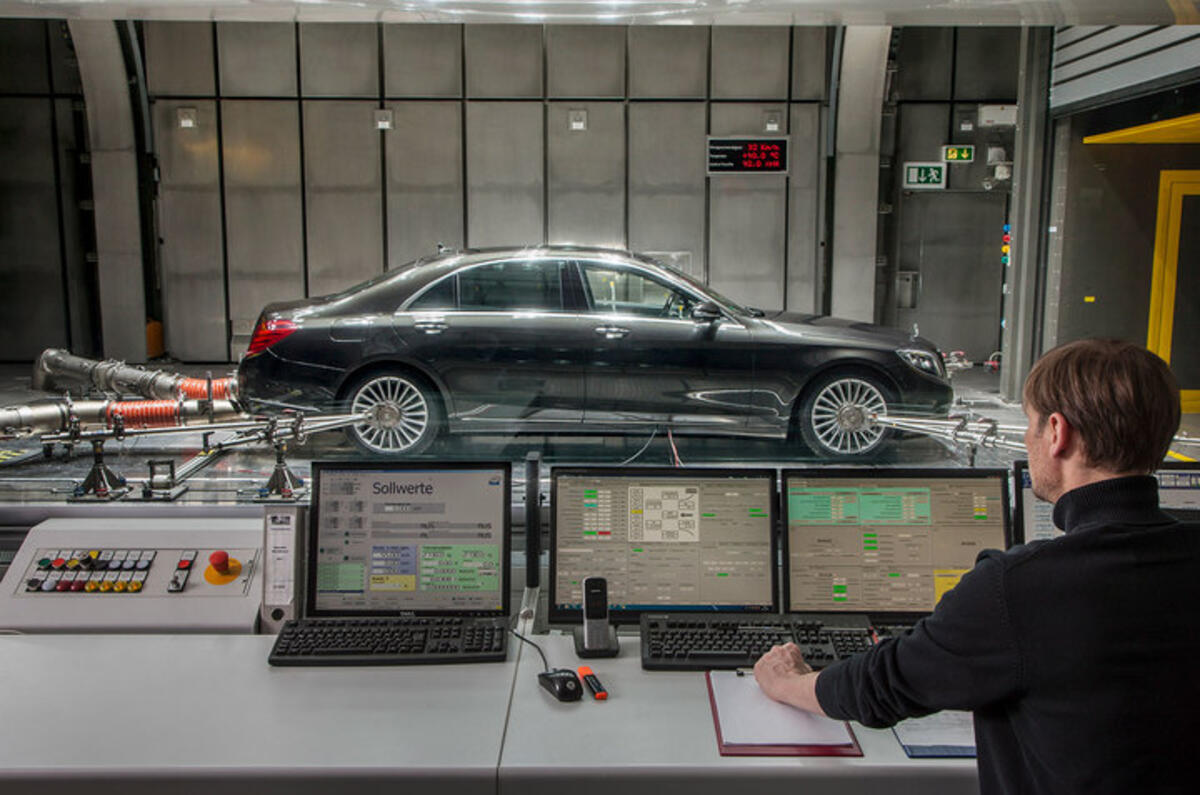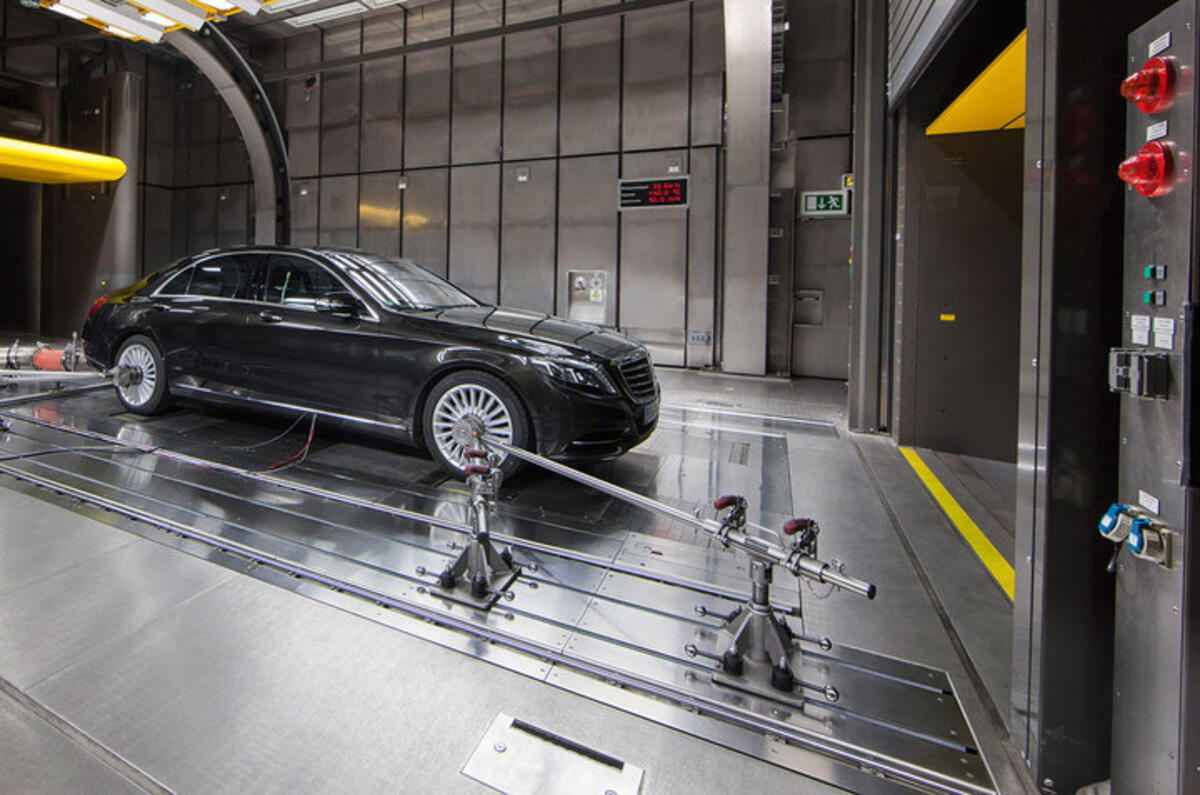Mercedes-Benz has announced it will finally fall in line with European Union regulations by using carbon dioxide as the refrigerant in its air-conditioning systems in future.
The announcement follows a tense stand-off between Mercedes and the EU over a directive that banned the widely used synthetic Tetrafluoroethane (R123a) refrigerant in all newly type-approved cars launched in Europe from the start of 2013.
Tetrafluoroethane (R123a) has been widely used by car makers, including Mercedes, as an air conditioning refrigerant for more than 25 years. However, increasingly tighter environmental laws and moves by the EU to adopt a refrigerant with a low global-warming potential (GWP) led to proposals for it to be banned.
A proposal by the EU to replace R123a, which possess a GWP score of 1300, with the newer and more environmentally friendly synthetic Tetrafluorpropen (R-1234yf) was heavily criticised by Mercedes following internal testing that raised concerns about flammability issues during heavy frontal impacts. BMW and VW later joined Mercedes in expressing concerns over its use.
Mercedes will roll out its revised system on petrol and diesel powered E and Mercedes-Benz S-Class models from the beginning of 2016, prior to it becoming standard in other models, including the A, B, and C-Class and their various derivatives in coming years.
EU regulations require manufacturers to employ refrigerant with a GWP of less than 150. With a GWP score of 1, carbon dioxide is 99.3% below the EU’s refrigerant limit. Its inherent properties also make it non-flammable and provide greater cooling efficiency, according to Mercedes.
Mercedes has modified the air conditioning system in petrol-engined models that use Tetrafluorpropen (R-1234yf) to include a gas generator that releases inert argon gas at the relevant hot spots in a move, it claims, that keeps the refrigerant from bursting into flames.
Owing to lower operating temperatures, the argon gas generator is not deemed necessary to prevent Tetrafluorpropen (R-1234yf) from igniting during heavy frontal impacts in models that use a diesel engine.
Hybrid models, including those included in the 2016 model-year E and S-Class line-ups, will also receive air conditioning systems with controversial Tetrafluorpropen (R-1234yf) refrigerant for the time being, owing to ongoing development of an electrically operated compressor, says Mercedes.







Join the debate
Add your comment
Amazing!
I would back the engineers in Stuttgart over the numb-nuts in Brussels any day when it comes to technical knowledge and safety.